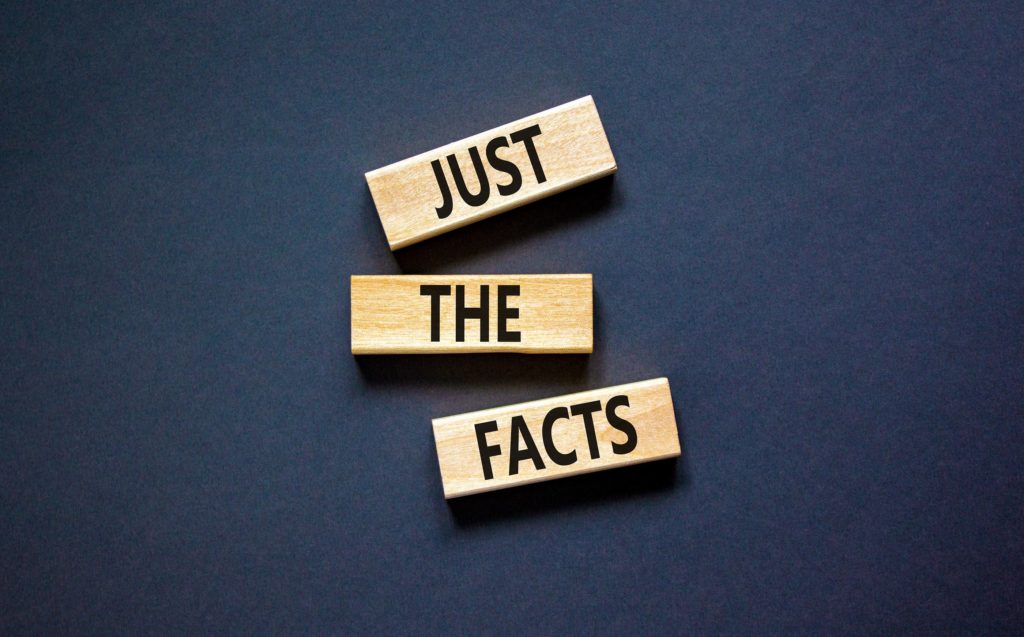
We started 2022 with a post about the Consumer Financial Protection Bureau’s (CFPB) November 2021 advisory opinion, “Fair Credit Reporting; Name-Only Matching Procedures.” It’s only fitting that we continue the trend and start 2023 by recapping two of the CFPB’s advisory publications from late last year: “Fair Credit Reporting; Facially False Data” and “Reasonable Investigation of Consumer Reporting Disputes.”
The CFPB has been busy.
‘Fair Credit Reporting; Facially False Data’
The purpose of this opinion was to “highlight that a consumer reporting agency that does not implement reasonable internal controls to prevent the inclusion of facially false data, including logically inconsistent information, in consumer reports it prepares is not using reasonable procedures to assure maximum possible accuracy under … the Fair Credit Reporting Act (FCRA).”
Basically, this means that consumer reporting agencies (CRAs) need to have a process in place to make sure that illogical findings are not included in consumer reports. The opinion’s examples primarily focus on credit reports; however, when discussing how consumer reports can have an adverse impact on a consumer, the CFPB explicitly states that “landlords and employers use background screening reports in deciding whether to rent to prospective tenants and hire employees, respectively.” Clearly, this opinion applies to these applications of the FCRA as well.
Consider these two theoretical, but very possible, examples:
- A derogatory media article matches the name and date of birth of the subject of a report, but the article later indicates that the person had died.
- A civil record matches the name and address of the person being investigated, but at the time of the civil report, the person being investigated would have been an infant.
Having a policy and review process to prevent such errors is necessary to assure maximum possible accuracy, in the CFPB’s opinion.
In its November 2021 opinion on name-only matches, the CFPB stated that “it has been the consistent view of the Bureau that name-only matching is not a procedure that assures maximum possible accuracy, and thus, consumer reporting agencies that use name-only matching violate FCRA section 607(b).” The CFPB repeated that assertion in this later advisory, noting that the Bureau brought enforcement actions against consumer reporting agencies for reporting inaccurate derogatory information based on “name-only matching.” It’s not difficult to see that “name-only matching” is a hot button for the CFPB and will likely be a significant focus of future enforcement actions.
‘Reasonable Investigation of Consumer Reporting Disputes’
In this advisory, the CFPB poses two questions:
- Are consumer reporting agencies and the entities that furnish information to them (furnishers) permitted under the Fair Credit Reporting Act (FCRA) to impose obstacles that deter submission of disputes?
- Do consumer reporting agencies need to forward to furnishers consumer-provided documents attached to a dispute?
The Bureau does not hold the reader in suspense. Their answers are “no” and “it depends,” respectively.
For the first question, as we’ve previously mentioned, if an employer bases their decision to take adverse action in whole or in part on a consumer report, the employer must follow the pre-adverse and adverse action procedures outlined in the FCRA. One of those procedures includes providing the consumer with a copy of their report and the CRA’s contact information to dispute any findings. If the consumer contacts the CRA with a dispute, the CRA has an obligation to conduct a reasonable investigation if the dispute is not deemed frivolous or irrelevant. This publication indicates that it is an FCRA violation if a CRA imposes hurdles, such as demanding a specific format of the complaint (e.g., completing a proprietary form) or requiring certain specific information before conducting its investigation.
On the second question, “it depends” quickly leans towards “yes” when you read further. When a furnisher of information provides a finding to a CRA that is disputed by the consumer, then the CRA must provide that furnisher with all relevant information that it received from the consumer. An example would be a criminal matter that a court runner provides to a CRA. The example the CFPB uses is that, if the dispute information provided by the consumer contains primary source documents, such as a court document, it would be difficult for the CRA to prove that it provided all necessary information to the furnisher if it only provides a summary of that primary document. The CFPB states that this violates the FCRA and “limits the furnisher’s ability to reasonably investigate the dispute.”
While the above publications focus on a CRA’s responsibilities, it is important for end users—landlords and employers, for example—to partner with reputable background check providers that adhere to these standards. Ultimately, end users want paying tenants in their buildings and qualified candidates working for their organizations; this requires accurate background check reports that do not unfairly impact consumers.












